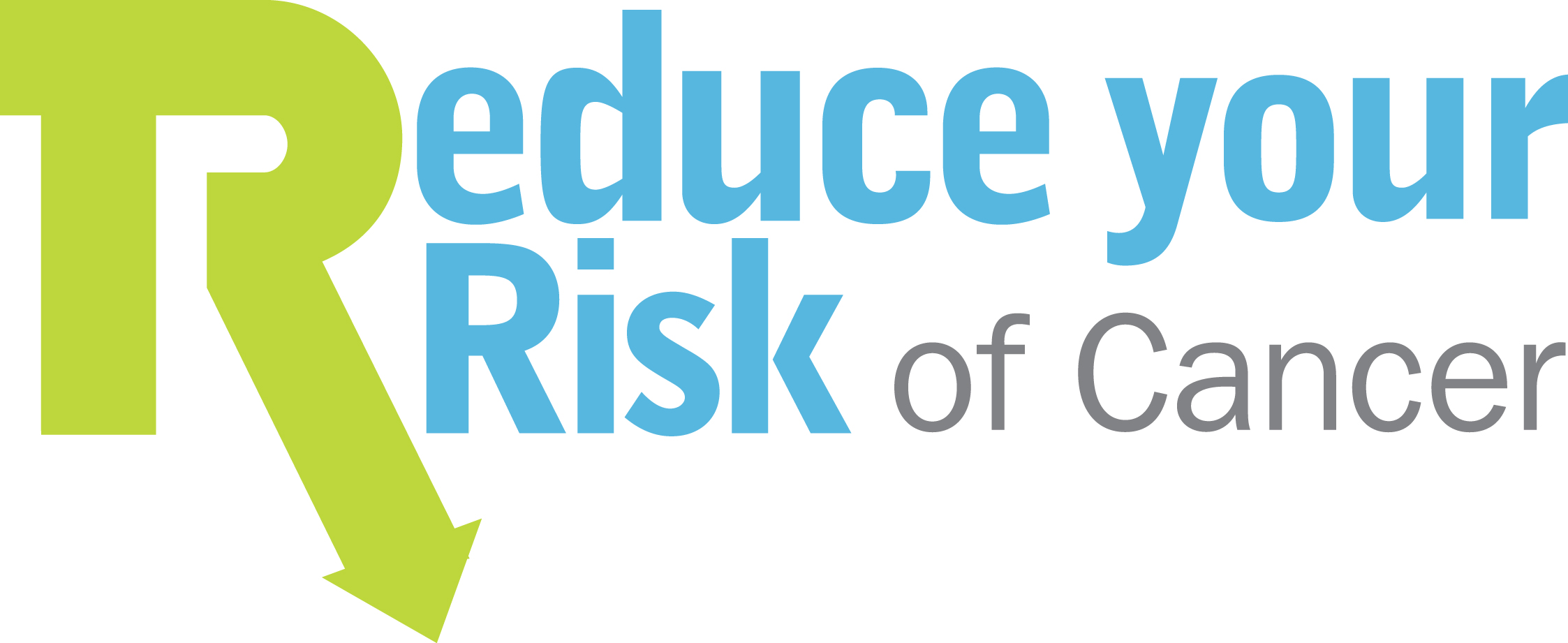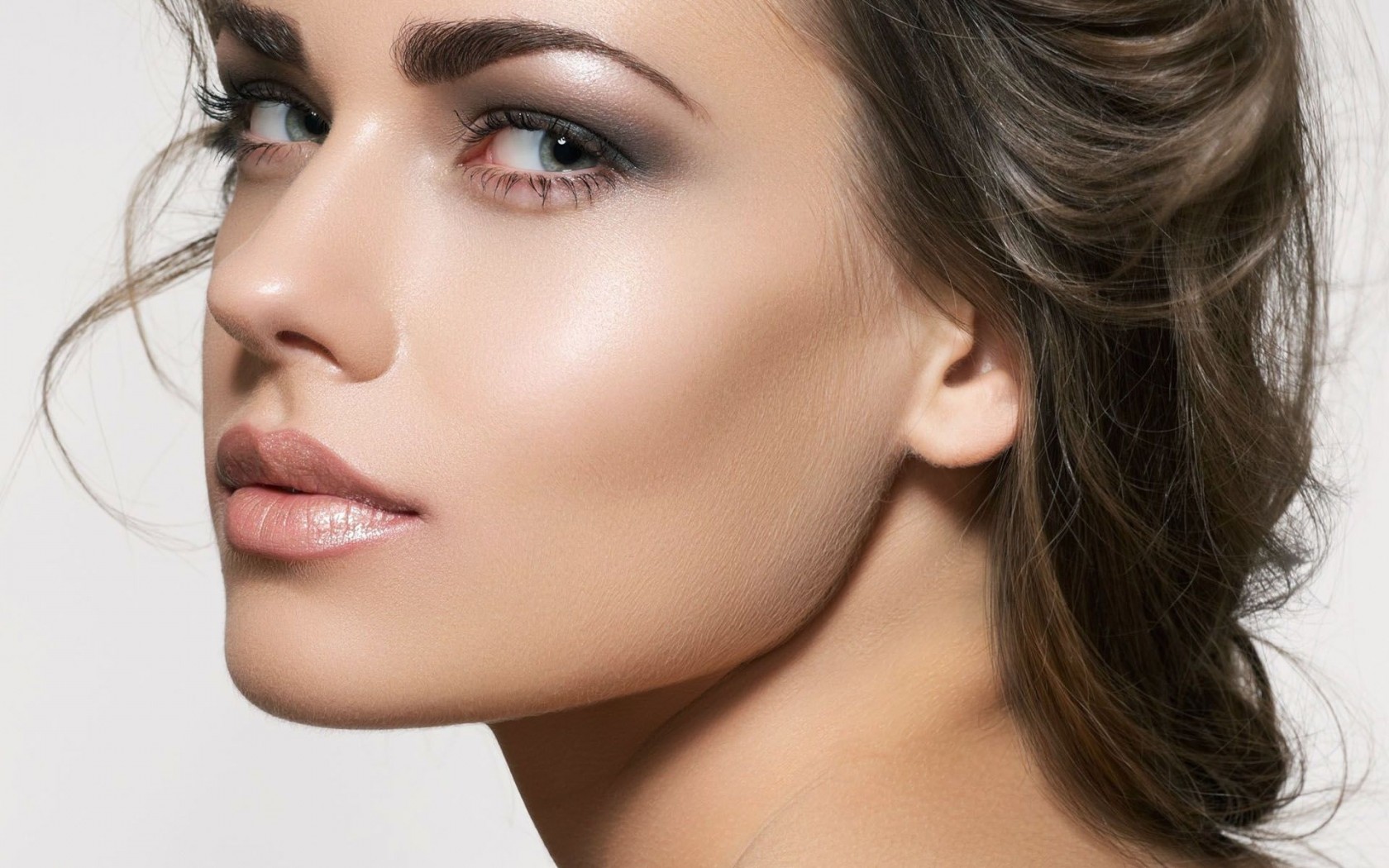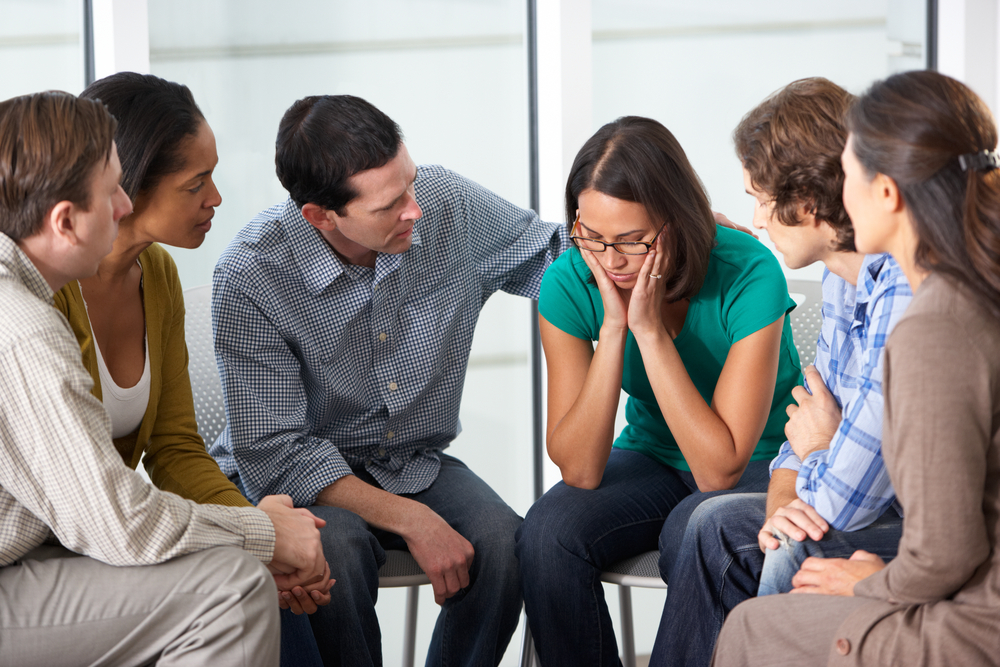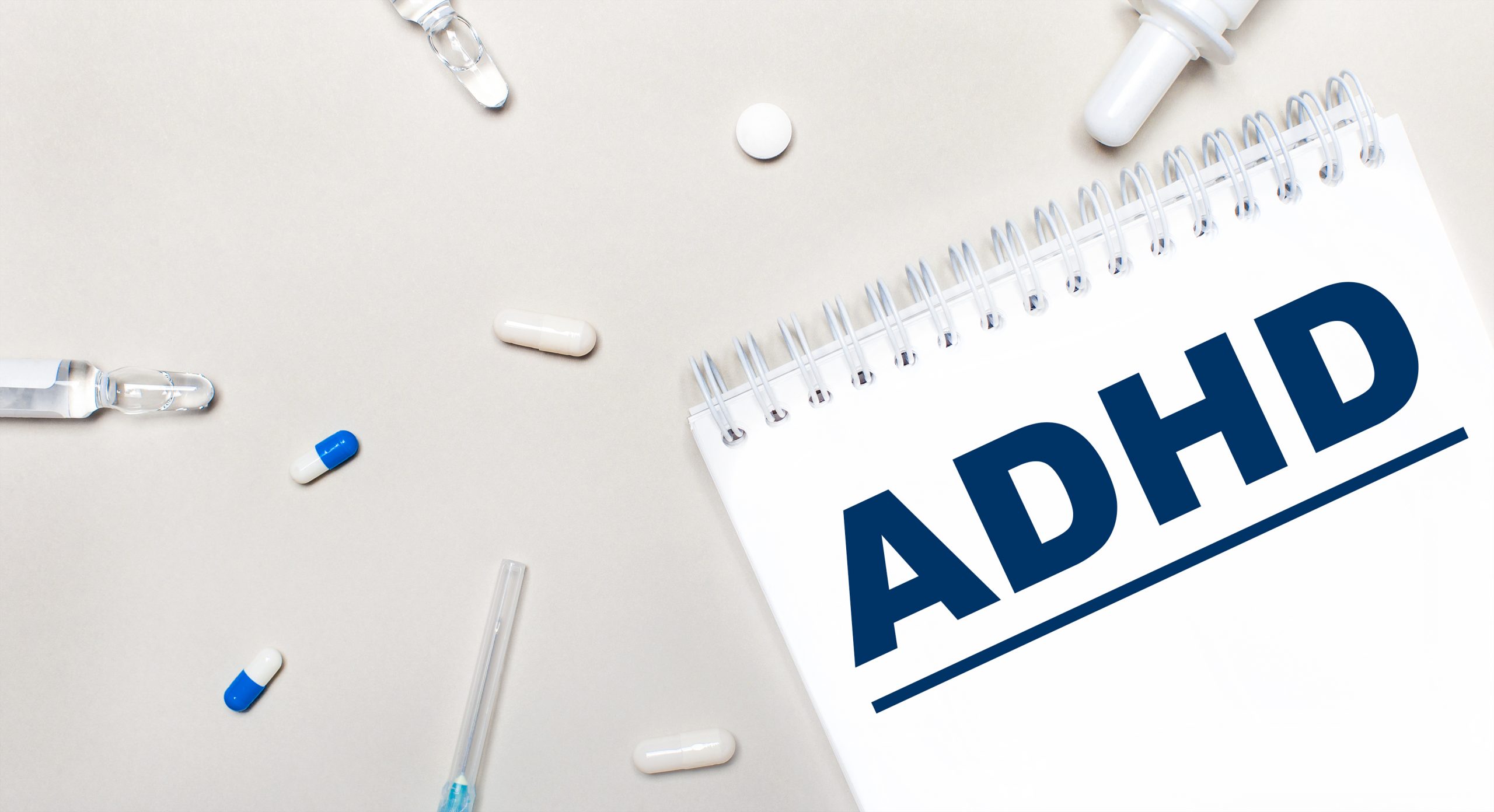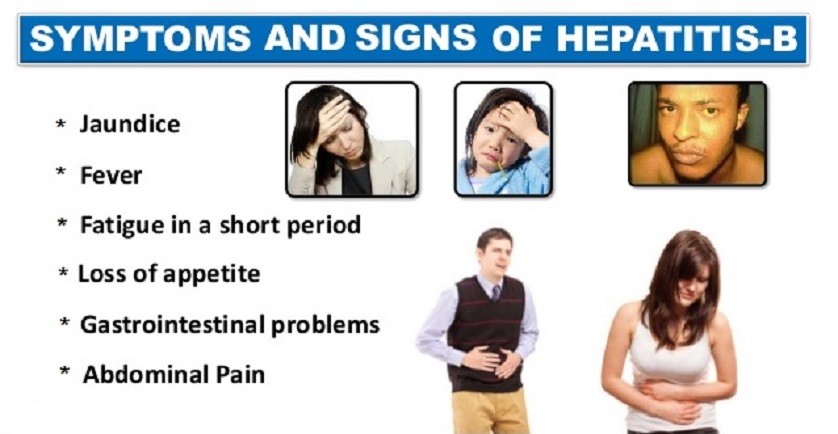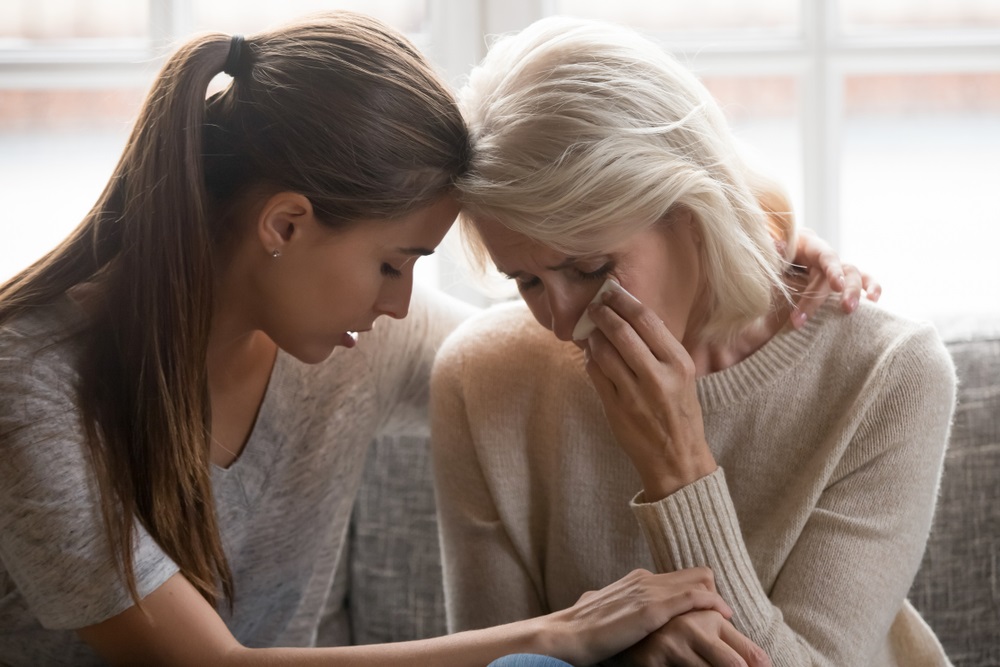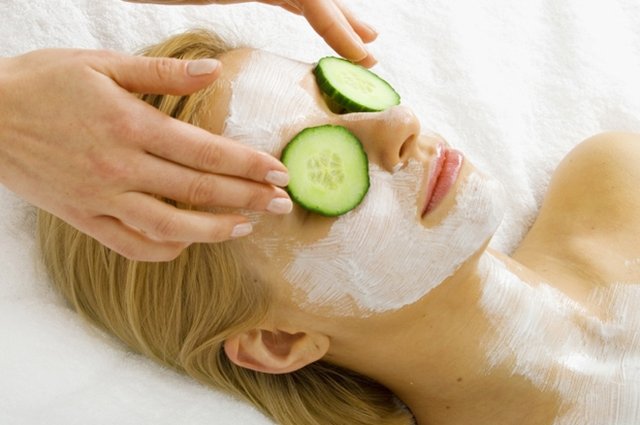Cancer affects millions every single year. Thankfully, there are ways for you to reduce your risk of becoming one of these people. That said, how can you tell the good advice from the bad? This article includes expert advice which is backed up by scientific studies to ensure you only get the best information available.
The first step is to quit all bad habits. Primarily, if you are a smoker, you absolutely must stop now. Smoking leads to many horrible health complications, so the sooner you quit, the better. Also give up processed foods, refined sugars and eating too much fat. Sitting around watching TV all day won’t help either! Get up and get moving.
Next, start including good habits in your daily routine. The first change should be to add cancer preventing foods to your diet, like legumes, grapes, dark leafy greens and berries. Next, start getting at least 30 minutes of exercise every day. Whether you go for a walk or a swim, the more you move, the better you will feel.
Now is the time to talk to your doctor about your medical and family history. If cancer runs in your family, there are tests which will have to be completed so you can catch cancer before it gets out of control. There are even tests today which figure out your susceptibility to many types of cancer. Your doctor will be able to explain what is available and what you need done, and when.
If you plan to go out into the sun, wear sunblock! This can easily stop you from ever developing skin cancer, and it is affordable and simply to apply. Remember to reapply after exercise or swimming as sunblock does wear off over time. Read the instructions to learn about how frequently you should be applying it.
While there are many forms of snake oil for sale touting the promise of preventing cancer, the truth is that they likely don’t work as claimed. There are some supplements which mimic nutrients you get from foods, such as resveratol, that might help, but the truth is that getting the nutrient from food makes it easier to metabolize. Skip the supplements unless your doctor says you need them.
This may seem unusual, but immunizations can really reduce your risk of developing certain cancers. For example, being immunized against Hepatitis B protects you from liver cancer. The human papillomavirus (HPV) shot protects from genital cancers. Talk to your doctor about these immunizations and whether or not you are a good candidate for receiving them.
If you lead a risk-filled life, your cancer risk also increases. Sharing needles or having unprotected sex both open you up to diseases which can cause cancer. If you have any problems with sexual or drug addiction, talk to your doctor about seeking help for them.
Preventing cancer isn’t something you can guarantee, but every step you take from the list above certainly won’t hurt. The sooner you start changing your life to be healthier, the better your chances. Make use of what you have learned here today and you are sure to at least be healthier and happier!
